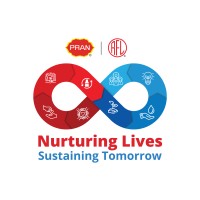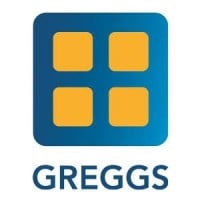
PRAN-RFL Group
PRAN RFL Group, one of the most reputed conglomerates in Bangladesh, is in market since 1981. It started mainly with Foundry business and gradually diversified to Light Engineering, PVC Fittings, Plastics, Food and Beverage and Agro-Processing. It has it's marketing and selling network in 145 countries as of date.Group directly employs over 1,25,000 people and another 15,00,000 over people subsists on PRAN-RFL Group.






